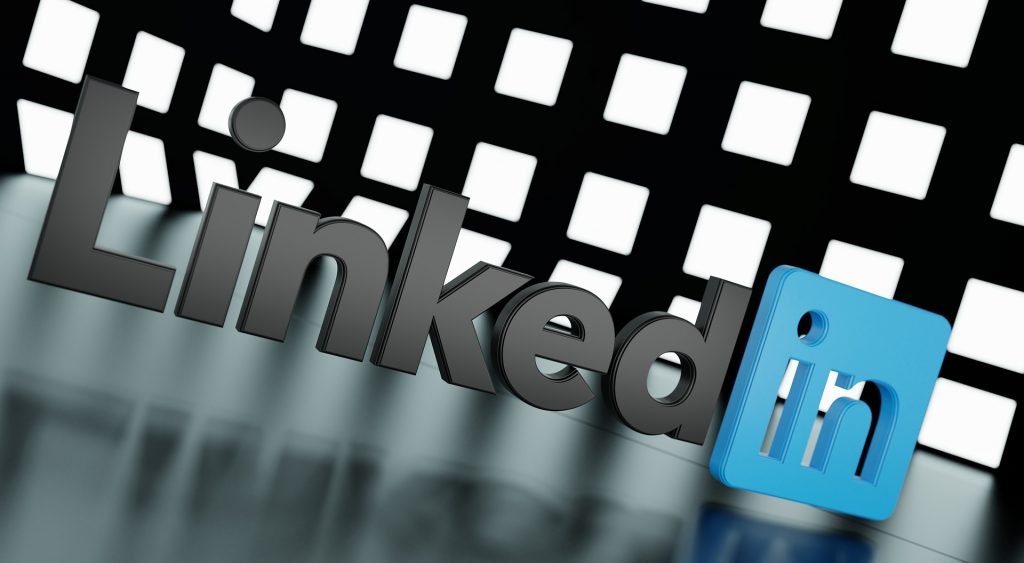Which Recession Career Tip Do You Need to Take Action on Now?
Whether we are officially headed for a recession or not, why not pursue a recession career tip or two to help better protect your livelihood when one does finally arrive
Updated 1/1/2024. Recessions (or economic downturns) are inevitable because it is the natural order of things that what goes up, must eventually come down. That includes the economy.
The most recent US recession began in February 2020 and lasted until April 2020. It was caused by the COVID-19 pandemic, which led to a significant decline in economic activity across the country.
One typical effect of a recession can be higher unemployment rates, which translates into fewer job opportunities and a more competitive job market. It can be noted that many layoffs have already occurred over the past year, from the automotive and pharmaceutical industry to tech. Additional layoffs may be looming.
If you aren’t unexpectedly laid off and are able to keep your job, you may have to take on greater demands and do more with less to keep it. Sounds fun, right?
So, by taking proactive steps now, you can better protect your livelihood and position yourself for success in the future.
.
Tip 1: Bring Your “A” Game at Work

This pre-recession career tip is the one we’d most like to be in denial about. But regardless of your profession, companies and organizations will begin to cut back and spend less. Employers may pull back on physical resources (supplies, etc.) or human resources (that means you or other team members to help you).
They may slow hiring or implement a total hiring freeze altogether. That means on your current job, you may have to do more with less. If you are already at your breaking point at your current job, you might consider what you can do to dig even deeper to be able to stay with your employer longer to weather uncertain financial times.
A] MAKE BENEFICIAL DAY-TO-DAY CHANGES
Do you need to get an earlier start to your day to do those things that refresh you (i.e., daily meditation, exercise, a good healthy breakfast, etc?) Would getting to work earlier help get a better jump start on the workday?
Maybe stepping down from a volunteer role (i.e., PTA president) could free up time and energy to endure greater demands at work. Whatever is best for you, it may be time to make such moves.
B] BE INNOVATIVE
Find ways to save time or make things more efficient in your work. This could be great for you and help you win points with the boss. These improvements also look great on your resume as ways you made significant contributions.
C] THINK, TEAM, TEAM, TEAM!
Maximizing efforts for this recession career tip means building stronger alliances with co-workers where you can help each other out and help balance a heavy load.
I remember it well. A person quit, and they did not rehire them. We (mostly me) just picked up the extra work, and it was pretty fast and furious for a year and a half. I had just moved cross country and started the job, during the Christmas Holidays. Can you say #BurnOut in a year? I was clueless. Knowing what to expect can help you be better prepared and/or make better decisions.
Tip 2: Gather Data on Professional Achievements Now
This is important for several reasons.
A] YOU’LL HAVE DATA TO PRESENT AT ANY MOMENT SHOWING CONTRIBUTIONS AND VALUE YOU BRING TO THE ORGANIZATION
Especially for performance review assessments or casual conversation if you can squeeze it in. Requesting a meeting with your boss to highlight some of your recent accomplishments might be good. Even better is after when you ask for an additional project so you can continue to contribute.

Remember If you are seen as a valuable asset in a recession, you may be less likely to be cut from the roster when layoffs start rolling around. If not, more wonderful bullet points for your recession-ready resume. Metrics, projects, and other accomplishments are what can set you apart in a sea of other job candidates.
B] IF YOU ARE LAID OFF, YOU ALREADY HAVE PERFORMANCE METRICS IN HAND
These golden metrics are often within emails sent, or performance reviews received. The day a layoff happens, you won’t have much time to linger on site after the blow has been dealt. All the more reason to start gathering what you need to prove your value to hiring employers now.
I’ve spoken to many a client who said, “I didn’t have time to get and that.” or “I kept track of it, but it was on my work computer.” So again, collect info now.
Tip 3: Grow Your Professional Network

The best and quickest way to do this in a substantive way is by way of a LinkedIn profile. Where else can you quickly find and connect with previous colleagues, current colleagues, and potential future colleagues; see mutual connections of these people, give recruiters fingertip access to your career history and accomplishments; connect with a company you are interested in, or apply to top jobs with minimal effort? LinkedIn is the answer.
It also gives you very decent Search Engine Optimization as your LinkedIn profile results first when a potential employer or recruiter Googles you. If written well, it could showcase your value and professional brand 24/7 while giving insight to potential employers on how well you might fit into their organization.
Don’t leave such a valuable tool like LinkedIn on the table while you “pound the pavement” the old-fashioned way. In a recession, you may need to do both. So have the calling card of your LinkedIn profile ready.
Tip 4: Stay Job Search Ready
Be ready for a robust, multifaceted job search and career campaign at all times by having a standout, well-crafted version of your resume on hand. If you are in need of a job now, this definitely applies. But, no matter what you do for a living, you too can get caught in a workforce reduction or layoff later, and you’ll be better positioned to land your next job.
Each day you are not in a job is money you are actually losing. Being in this situation too long could potentially send a person further into a financial tailspin. Consider investing in professional help to sharpen proper career tools to help land a job sooner.
I recommend a “recession-ready” document that will allow you to seek employment and find career opportunities in a variety of ways (i.e., online applications, networking, or recruiters.) The other way to go is to have a good networking and recruiter savvy document.
But then be ready to target the resume during an active search to make sure it has the necessary formatting and keyword density to survive applicant software systems when applying online.
Many fancy and heavily formatted “modern” resumes may NOT BE ATS COMPATIBLE. Not all, but a lot of them. It may look fabulous, but if you apply online at all using these, you are setting yourself up for a low score. Which means you may not hear anything back.
Tip 5: Use Social Media To Your Advantage

More and more using social media for your job search can lead to very good results and be one of the best tools you have if you leverage it correctly.
A] TREAT LINKEDIN AS YOUR “PROFESSIONAL ONLY” PROFILE
LinkedIn is officially “social media,” but for various reasons, keep “PROFESSIONAL ONLY” top of mind for this social media platform. I know it may be hard to wrap your brain around this concept, but here are the reasons why.
Your LinkedIn profile is your very first professional impression that an employer may get before they interview or hire you. So save the profile picture of you in your shades at the beach for your Instagram.
Bypass social media rants on your most passionate pet peeves because when you comment on LinkedIn’s Top News & Views, remember the world can see this! This includes recruiters and potential employers.
Don’t say anything you don’t want them to see and hold against you. Don’t let harmful things come out of your professional/digital megaphone. So keep LinkedIn professional and friendly. THINK before you post. If it is hurting your professional brand, maybe it’s better left unsaid.
Twitter and Facebook have joined the ranks of LinkedIn for recruiters to search when looking for top talent online
B] I PROPOSE, ALSO HAVING FACEBOOK AND TWITTER READY TO MAKE YOUR CASE TO AN EMPLOYER
These two social profiles pop up right after LinkedIn when you are Googled by employers. With social recruiting on the rise, surely you’ve seen promoted job openings come over your Facebook Feed involving actual live job postings.
Going to the live website of the employer to make sure it is a legit posting is prudent. But my point is that Facebook can now be the first point of contact with a potential employer so give more professional thought as to what it looks like.
Do you want to engage with that promoted job posting with the image of you in your sunglasses and shorts on the beach or with the same professional image that is on your LinkedIn Profile? Profile pics can be changed at any time. So when you are Googled and your Facebook account results, ask yourself what do you want potential employers to see.
C] GET RID OF OFFENSIVE POSTS
Remember, unless you change public settings, your basic feed can be seen by all, revealing EXACTLY what you say. We’ve all seen COUNTLESS instances where someone posted something on their personal social media account that has caused them to be fired.
So the same principle applies when you are trying to get hired. During your search process, many AI recruitment bots can analyze your social media content and determine your potential fit with a hiring company.
You don’t want daily rantings working against you in a tightening market. So consider keeping the top 3 social platforms in a manner that you would not be embarrassed for an employer to see. The best recession career tip that might go the longest way is not to let the desire to rant overtake your professional brand.
Are you posting anything on social media that a potential employer could see as offensive, against social norms, or show you not to be a good fit for their company? “This is my personal social media”, you say. But if they can see it or analyze it, what case are you building for yourself?
Other ways to use social media to your advantage . . .
D] USE A PROFESSIONALLY BRANDED TWITTER ACCOUNT TO NETWORK FURTHER AND PROPEL YOUR PROFESSIONAL BRAND.
A person that would be interesting to connect with on LinkedIn might not be found there. But they have a Twitter account instead. You might contact them on Twitter first, then ask if they’d like to connect on LinkedIn, chat live, etc.

E] FOLLOW AND ENGAGE COMPANIES YOU’RE INTERESTED IN
Like company posts that interest you. Often companies will post a job opening right on their Twitter page. You have to be following them on Twitter to know that. Their Tweets let you find out about company happenings. So once you do land an interview, you can seem up to speed on the organization.
You don’t want to follow with a personal account where you might be wearing curlers but a professional one that is consistent with your Linkedin profile. They can instantly look at your feed to see what things you are liking and posting. So having this separate profile dedicated to your professional interests and advocacy might work in your favor.
Adhering to even one recession career tip can better prepare you and keep you professionally agile. But tackle as many as you can. If you need assistance, we can help.
~
About the Author
Denise R. Hemphill, PharmD, CCM, NCRW, CPRW, CIC, CCTC is the founder of Confident Career Moves®. She is a Career Coach and Executive Resume, CV, & Social Profile Writer designing dynamic self-marketing tools. Connect on LinkedIn

